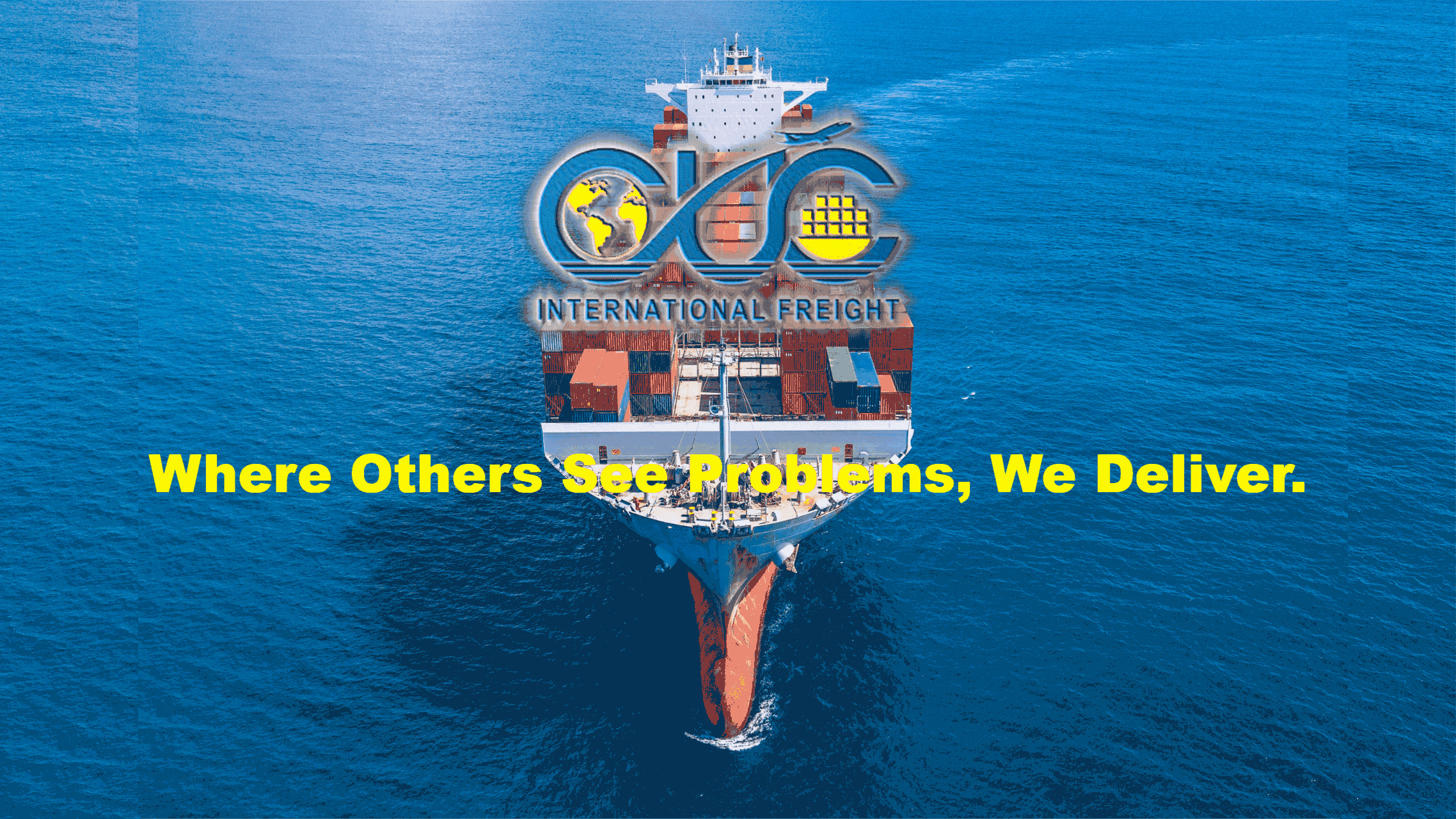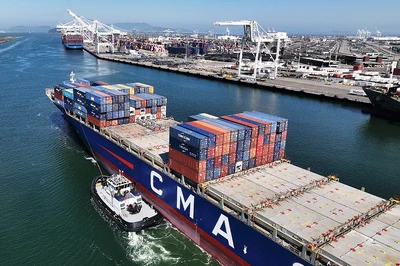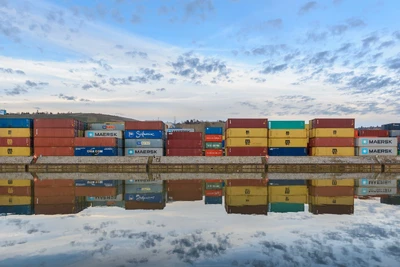

In the realm of international freight transport, two terms often emerge: LCL and FCL. Understanding the nuances between them can significantly impact your logistics strategy and costs. LCL stands for Less than Container Load, while FCL refers to Full Container Load.
LCL shipping involves consolidating small shipments from different shippers into a single container. It's an ideal option for businesses or individuals with cargo that doesn't fill an entire container.
FCL shipping, on the other hand, entails one shipper utilizing an entire container for their cargo. This method is typically chosen when the volume of goods is sufficient to fill a container.
The primary distinction between LCL and FCL lies in the utilization of container space. In LCL shipping, multiple shippers share a container, whereas FCL shipping dedicates an entire container to one shipper.
LCL shipping often proves more cost-effective for small shipments since the costs are shared among multiple shippers. Conversely, FCL shipping may be cheaper per unit when transporting larger volumes.
LCL shipping offers flexibility for businesses with varying shipment sizes. It allows them to transport small quantities without incurring the expense of a full container. FCL, however, requires a shipper to have enough cargo to fill an entire container.
In terms of transit time, FCL shipping generally offers faster delivery since there's no need for consolidation or deconsolidation at the port. LCL shipments may experience slightly longer transit times due to the additional handling involved.
LCL shipments require careful packaging to ensure the safety of goods during consolidation and deconsolidation processes. FCL shipments, on the other hand, involve less handling since the container remains sealed throughout the journey, reducing the risk of damage.
LCL shipping provides cost efficiencies for businesses with smaller cargo volumes, allowing them to access international markets without the need for a full container.
Businesses with fluctuating shipment volumes benefit from the flexibility of LCL shipping. They can scale their shipments according to demand without committing to fixed container sizes.
LCL shipping enables shippers to consolidate multiple small shipments into one container, reducing overall shipping costs and carbon footprint through shared resources.
FCL shipping offers the exclusive use of a container, providing shippers with greater control over their cargo and minimizing the risk of damage or loss.
With fewer handling processes involved, FCL shipments generally experience lower rates of damage compared to LCL shipments, where goods undergo multiple loading and unloading cycles.
Since FCL shipments bypass the consolidation process, they often enjoy quicker transit times, making them ideal for time-sensitive cargo.
The volume of goods plays a crucial role in determining the most cost-effective shipping method. Small volumes may favor LCL, while larger volumes may justify the use of FCL.
Shippers must weigh the costs associated with LCL and FCL shipping, considering factors such as freight rates, handling fees, and storage expenses.
For time-sensitive shipments, FCL shipping offers faster transit times and reduced risk of delays compared to LCL shipping, which may involve additional consolidation and deconsolidation processes.
In the realm of international shipping, choosing between LCL and FCL involves careful consideration of various factors, including shipment volume, cost, and transit time. While LCL offers cost efficiencies and flexibility for small shipments, FCL provides exclusive container use and faster transit times. By understanding the advantages and limitations of each method, shippers can make informed decisions that optimize their logistics strategy and enhance supply chain efficiency.
Is LCL shipping more expensive than FCL?
LCL shipping can be more cost-effective for small shipments, but it ultimately depends on factors such as volume, destination, and specific shipping rates.
What are the main advantages of FCL shipping?
FCL shipping offers exclusive container use, reduced risk of damage, and faster transit times compared to LCL shipping.
How is cargo handled differently in LCL and FCL shipping?
LCL shipments involve consolidation and deconsolidation processes, leading to more handling, whereas FCL shipments remain sealed throughout the journey, minimizing handling.
Can I ship oversized items using LCL?
LCL shipments may accommodate oversized items depending on the carrier's policies and restrictions. It's advisable to check with your shipping provider for specific guidelines.
What factors should I consider when deciding between LCL and FCL shipping?
Factors such as shipment volume, cost considerations, and urgency of delivery are crucial when choosing between LCL and FCL shipping methods.
 The Rise of E-Commerce: Impact on China to USA Courier ServiceApril 9, 2025With the popularization of the Internet and the rapid development of science and technology, e-commerce is booming in the world. As an important player in e-commerce, China's rise has not only cha...view
The Rise of E-Commerce: Impact on China to USA Courier ServiceApril 9, 2025With the popularization of the Internet and the rapid development of science and technology, e-commerce is booming in the world. As an important player in e-commerce, China's rise has not only cha...view 2025 Amazon Hotlist: Strategic Freight Insights for Chinese Logistics ProvidersApril 7, 2025As a Chinese freight forwarder, understanding emerging Amazon trends is critical to optimising supply chains for cross-border sellers. Below is our revised analysis of 2025’s top-selling, low-competi...view
2025 Amazon Hotlist: Strategic Freight Insights for Chinese Logistics ProvidersApril 7, 2025As a Chinese freight forwarder, understanding emerging Amazon trends is critical to optimising supply chains for cross-border sellers. Below is our revised analysis of 2025’s top-selling, low-competi...view Latest U.S. Tariff Increases: Freight Carrier Responses & Market Shifts (Updated April 2025)April 27, 2024I. Carriers Expanding or Prioritizing U.S. RoutesEnhanced U.S. West Coast ServicesPriority Customs Clearance: Select logistics providers now offer expedited customs clearance for U.S.-bound shipments,...view
Latest U.S. Tariff Increases: Freight Carrier Responses & Market Shifts (Updated April 2025)April 27, 2024I. Carriers Expanding or Prioritizing U.S. RoutesEnhanced U.S. West Coast ServicesPriority Customs Clearance: Select logistics providers now offer expedited customs clearance for U.S.-bound shipments,...view GBATS Guangdong, Hong Kong and Macao Services Trade Exhibition & CCBEC Shenzhen Cross-border E-commerce Exhibition grandly opens with more than 2,000 exhibitors welcoming new business opportunitiesSeptember 18, 2023The opening ceremony of the GBATS Guangdong, Hong Kong and Macao Services Trade Exhibition & Shenzhen Cross-Border E-commerce Exhibition (CCBEC) were held at the Shenzhen International Convention ...view
GBATS Guangdong, Hong Kong and Macao Services Trade Exhibition & CCBEC Shenzhen Cross-border E-commerce Exhibition grandly opens with more than 2,000 exhibitors welcoming new business opportunitiesSeptember 18, 2023The opening ceremony of the GBATS Guangdong, Hong Kong and Macao Services Trade Exhibition & Shenzhen Cross-Border E-commerce Exhibition (CCBEC) were held at the Shenzhen International Convention ...view